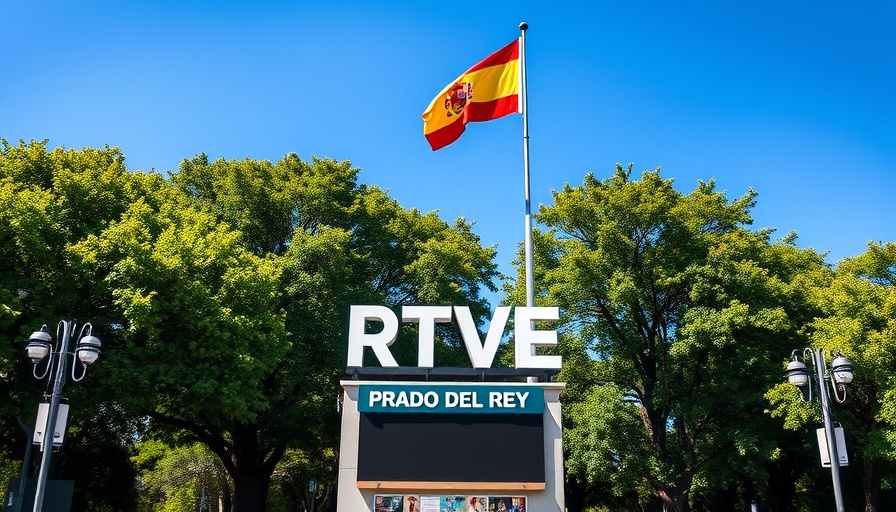
The Impact of RTVE's RSS Block on Podcast Accessibility
The Spanish public broadcaster RTVE's recent decision to block access to its podcasts via third-party apps such as AntennaPod raises significant concerns about open RSS and user accessibility. With over 80% of the Spanish population using Android devices, this move effectively restricts many users from downloading RNE shows, challenging the very tenets of open media sharing.
What Does This Mean for Digital Community Building?
This action by RTVE is not an isolated incident. It reflects a broader trend among public broadcasters to control the distribution channels of their content, which could stifle open communication and limit the growth of digital communities. As media companies increasingly leverage proprietary applications, the dynamic of how audiences connect with content changes, potentially creating barriers in professional networking opportunities.
Community Responses and Industry Implications
The implications of RTVE's RSS restrictions extend beyond users. They resonate deeply within media networks, where building community and professional connections is paramount. New trends highlight that, without open access channels, content creators risk alienating audiences and losing collaborative opportunities within the podcasting landscape.
Future Predictions: The Rise of Proprietary Platforms
The future may see a shift towards proprietary platforms, posing risks to the inherent democratic nature of media. Such a trend could be detrimental for business owners reliant on versatility in content distribution; adaptability may become key in a market where access is increasingly restricted.
Take Action to Advocate for Open Media
The implications of RTVE's blocking of podcasts shine a light on the larger battle for open access in media. To safeguard the flexibility of digital content sharing, it is essential for businesses and content creators to advocate for open RSS standards and explore community building strategies that empower users.
 Add Row
Add Row  Add
Add 





Write A Comment